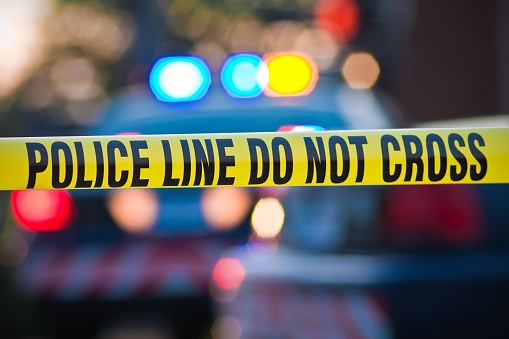Solon files bill banning media exposure of crime, suicide, accident victims
At A Glance
- A bill seeking to protect victims of crime, accidents, or suicide from unauthorized media exposure has been filed in the House of Representatives.
 (Shutterstock)
(Shutterstock)
A bill seeking to protect victims of crime, accidents, or suicide from unauthorized media exposure has been filed in the House of Representatives.
Under House Bill (HB) No. 10277, otherwise known as the Victims’ Privacy Protection Act, it shall be unlawful for any person to broadcast the image, video, or details of the victim without consent from the victim or their family.
Camiguin lone district Rep. Jurdin Jesus “JJ” Romualdo, the bill’s author, said dissemination of such images or videos not only violates the privacy and dignity of the individuals depicted but can also cause undue stress.
“The proliferation of digital media and the ease with which content can be shared on social media platforms have led to a significant rise in privacy concerns, especially for individuals in sensitive situations,” Romualdo said in a statement on Tuesday, April 30.
The Mindanao lawmaker said his proposed measure aims to reinforce the Data Privacy Act of 2012, embodied in Republic Act (RA) No. 10173, which set the country’s standards for protecting personal information.
He says providing clear legal protection to the victims “is vital in upholding human dignity and ensuring that the rights of the most vulnerable are not overlooked in the digital agez".
Romualdo said the bill was patterned after American laws that criminalize the unauthorized capture and dissemination of images of persons receiving medical assistance from first responders.
“While this bill aligns with the general principles of these foreign laws, it also respects the nuances of the Philippine legal context,” he added.
“It seeks to balance the right to information and freedom of expression with the right to privacy, ensuring that the dignity of victims and their families is preserved,” the solon emphasized.
In addition, HB No. 10277 also prohibits the use of such video or image in a manner that may be deemed as “disrespectful, derogatory, or prejudicial to the honor, dignity and privacy of the victim”.
Under the bill, only duly franchised and authorized television and radio networks, as well as duly licensed print media, will be permitted to broadcast the image, video or details of the victim.
Social media journalists, commentators, and other content creators may use such image or video material after securing the consent of the victim or the victim’s family.
Once enacted, any person who violates the law shall face imprisonment of three years to seven years, or a fine of P100,000 to P500,000.
If the offender is a public officer, he or she shall also be charged administratively. And if the offender is a foreigner, he or she shall be deported immediately after service of sentence or payment of fine.
Romualdo’s bill also provides that the victim--or in the case of a deceased victim, the next of kin--may institute separate civil action against an offender.